Communications expert Le Quoc Vinh, Chairman of the Board of Directors and General Director of Le Invest Corporation, believes that if users realize that identification helps them communicate better and more safely in cyberspace, and creates skills to adapt to digital life, then they will participate voluntarily.
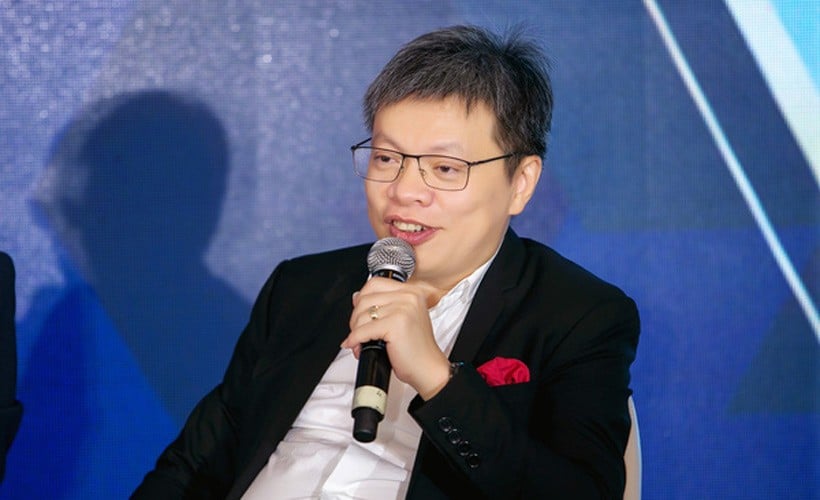 |
| Expert Le Quoc Vinh believes that identifying social networks can help users be safer and have the skills to adapt to digital life. (Photo: NVCC) |
It is undeniable that the Internet and social networks have brought great benefits, making human life more modern, more developed, and smarter. At the same time, this is a storehouse of human knowledge, helping people connect more easily. Social networks provide a lot of information, consulting content, and instructions for people to easily practice necessary activities in life...
But besides the benefits, social network users also have to suffer negative impacts from harmful content, scams, attacks, etc. Therefore, managing information on the network, including managing users, becomes more urgent than ever.
The World & Vietnam Newspaper had an interview with Media Expert Le Quoc Vinh about this issue.
Vietnam is the 18th country in the world in terms of the percentage of people using the Internet and is one of the 10 countries with the highest number of Facebook and YouTube users in the world, of which young people account for a large proportion. How do you evaluate the benefits and risks that the Internet brings?
The Internet has two sides: benefits and risks. The benefits that the Internet brings are connection, updating information, knowledge and many other features in economic and social activities.
Regarding risks, in my opinion, the problem lies in the culture in the online environment. There is a situation where users access unhealthy, inappropriate, even harmful content, which is the risk that the Internet brings. On the other hand, when living and depending too much on the Internet, there will be problems and consequences. Fraud, cyberbullying, information theft, and account theft for personal gain happen every day, every hour. Connectivity also creates opportunities for profiteers, the more connections, the greater the risk.
In the context of increasing risks such as data collection, access information synthesis, and more obvious personal information disclosure, it seems that people cannot live without Internet connection anymore.
In the context of more and more people's activities shifting to the digital environment, how important is the management and identification of digital accounts from your perspective?
In fact, any policy that aims to facilitate and facilitate users will be in the right direction and supported. But if policies are set up with the aim of restricting users, they will be inappropriate.
The same goes for social media account identification. If identification helps users to be more convenient, to be safe in cyberspace, to protect personal information, to prevent exploitation, and to prevent counterfeiting, people will certainly support it.
That is, identifying in a way that supports and creates better conditions for users will bring benefits. But if we think that policy is to control, to know how people are using the Internet, what kind of content they access, then it will become a barrier. And since it is a barrier, it will certainly encounter many difficulties and challenges when applied.
Identifying social media accounts is considered one of the important solutions proposed by management agencies to limit fraud in cyberspace. However, in your opinion, what are the challenges in the implementation stage?
As mentioned above, if the authorities consider identifying Internet accounts as a management tool, they may encounter adverse reactions. Most of them belong to decent people and use social networks in a positive way.
If a common identification policy is introduced to manage all accounts because of a minority who take advantage of social networks, it will be difficult to implement effectively. If people are not reassured, it will be very difficult for people to voluntarily identify themselves.
How to make people realize that identification helps to communicate better, more safely in cyberspace, creates skills to adapt to digital life, then people will participate voluntarily.
As for identification measures only to prevent fraud, people will be afraid of affecting personal freedom. Because, most digital platforms today do not need identification, but now identification requires unifying access information on all digital platforms. That is very difficult.
It is important that users see the benefits before they volunteer. While it is necessary to unify all digital utilities such as banking, insurance… and many other features to be on the same account.
What risks will users face when all of that personal data is publicly exposed on all digital platforms? Meanwhile, there are many risks on public platforms.
If you register on a platform, I think this is very difficult, there will be loopholes for cyber attackers. What is the solution to protect users?
If people see that registering on a digital platform is protected, they will definitely support it. However, it must be added that when all information is clearly identified, it is easy to detect who is related to whom. Whether we can protect them or not is still unknown.
I myself have not figured out how to protect users. In fact, many people are afraid to disclose personal information on the Internet because of security issues, which is understandable.
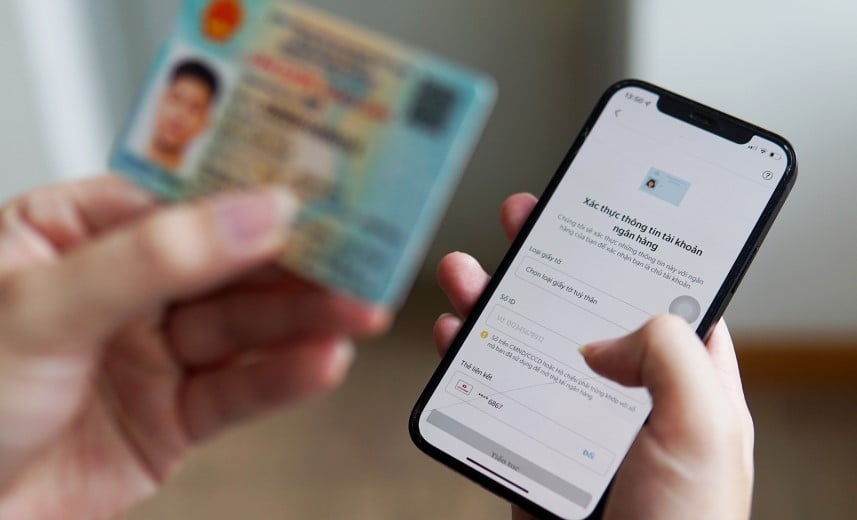 |
There will be a decree requiring all social media account owners, whether individuals or organizations, to carry out identification, applicable to Facebook, YouTube, TikTok... (Source: VNEXPRESS) |
To make cyberspace truly safe, besides the "identification" regulation, what should be done to protect citizens in digital space, according to you?
Actually, in my opinion, there are two ways to protect citizens in the digital space. One is to strictly control, that is, each person is only allowed to register a single digital account.
Second, aim for a proactive solution, regardless of how users are active in the digital space. But if users encounter problems, such as being attacked on social networks, there is a reporting system and authorities can take immediate action.
Normally, nowadays, when we are attacked in cyberspace, we can only remove or block that account. Therefore, if there is a system for people to report to the controlling authorities so that the authorities can act immediately, immediately access the source of the attacker, harasser, to take preventive action just like in real life, it will be supported.
These are necessary things and the system must be managed and proactively handle the issues reported by netizens. If these things can be done, it will make netizens feel secure that they are still protected and not just mechanically registering identity accounts and that is it.
According to you, how can we improve social responsibility and civilized use of social networks from the people themselves?
People will feel more necessary, consider public identity in digital space as safe, bring benefits. But when feeling unsafe, there is a risk, people will behave cautiously, hide information. Thus, activities in the digital environment without transparency will create many consequences.
So, the story here is about action. That is, there needs to be real action from the State and authorities when digital citizens discover and report problems such as data theft or cyber attacks, then there needs to be specific action to protect the people.
Of course, we must protect ourselves strongly with specific policies so that attackers will see that the government is very strong and strict. Only then will people trust and cooperate with the government to make their personal accounts transparent.
Thank you!
On May 8, 2023, at the explanation session of the National Assembly 's Judiciary Committee, Deputy Minister of Information and Communications Nguyen Thanh Lam said that by the end of this year at the latest, there will be a new decree requiring social network account owners to carry out identification. All social media account holders, whether individuals or organizations, will have to identify themselves. This will apply to social networks such as Facebook, Youtube, Tiktok... Unnamed social media accounts will be blocked and handled at different levels. Requiring identification of social network accounts is considered a necessary action to create transparency and clarity in cyberspace; it applies to both cross-border social networks and foreign OTT applications. If these applications and platforms do not meet identification requirements, they will be blocked and handled. |
In recent years, social networking platforms have developed strongly in our country. According to We Are Social, the number of social networking users in Vietnam is now 76 million people, accounting for more than 70% of the population. Vietnam is the 18th country in the world in terms of internet usage and is one of the 10 countries with the highest number of Facebook and YouTube users in the world, with teenagers accounting for a large proportion. Some surveys even show that a part of young people today are dependent on the internet and social networks. In the draft Decree replacing Decree No. 72/2013/ND-CP on management, provision and use of internet services and online information and Decree 27/2018/ND-CP amending and supplementing Decree 72/2013/ND-CP, it is stated that social networks (domestic and cross-border) must identify users and provide identification information to authorities upon request. The data required to be declared for this request includes real name and phone number. In addition, social networks operating in Vietnam only allow identified users to post, comment, and use the livestream feature. Unidentified accounts are only allowed to view content. The social network is responsible for identifying users, and must manage livestream content and remove it when requested by authorities. |
Source


![[Photo] The 1st Congress of Phu Tho Provincial Party Committee, term 2025-2030](https://vphoto.vietnam.vn/thumb/1200x675/vietnam/resource/IMAGE/2025/9/30/1507da06216649bba8a1ce6251816820)
![[Photo] Solemn opening of the 12th Military Party Congress for the 2025-2030 term](https://vphoto.vietnam.vn/thumb/1200x675/vietnam/resource/IMAGE/2025/9/30/2cd383b3130d41a1a4b5ace0d5eb989d)
![[Photo] Panorama of the cable-stayed bridge, the final bottleneck of the Ben Luc-Long Thanh expressway](https://vphoto.vietnam.vn/thumb/1200x675/vietnam/resource/IMAGE/2025/9/30/391fdf21025541d6b2f092e49a17243f)
![[Photo] General Secretary To Lam, Secretary of the Central Military Commission attends the 12th Party Congress of the Army](https://vphoto.vietnam.vn/thumb/1200x675/vietnam/resource/IMAGE/2025/9/30/9b63aaa37ddb472ead84e3870a8ae825)

![[Photo] President Luong Cuong receives President of the Cuban National Assembly Esteban Lazo Hernandez](https://vphoto.vietnam.vn/thumb/1200x675/vietnam/resource/IMAGE/2025/9/30/4d38932911c24f6ea1936252bd5427fa)


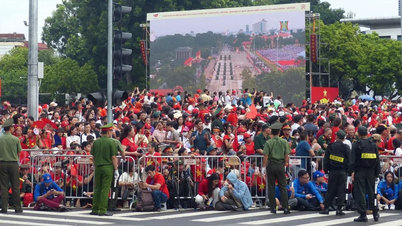

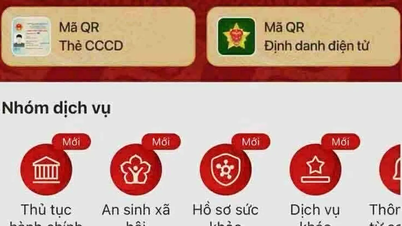
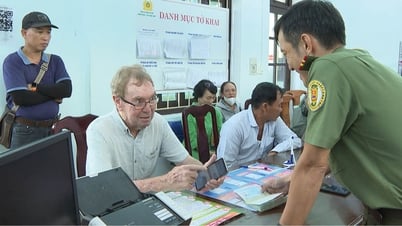


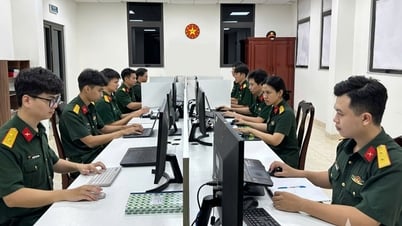





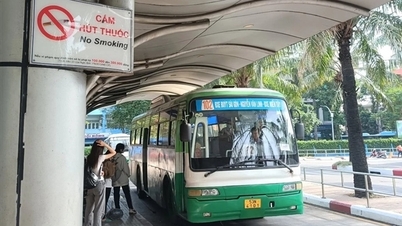

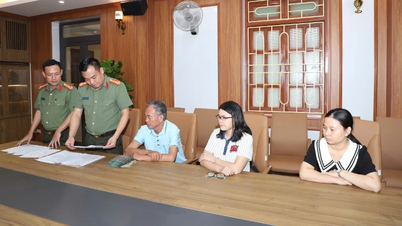
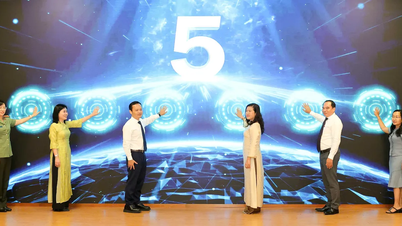







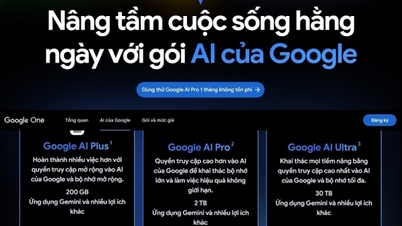
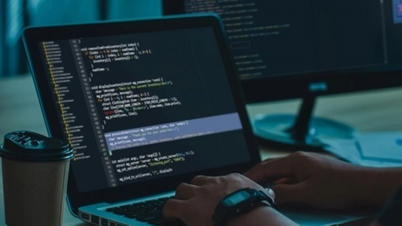
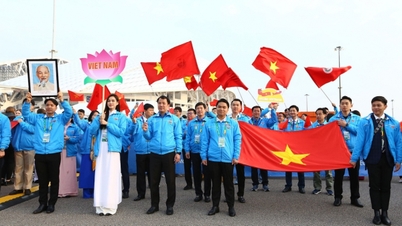

































































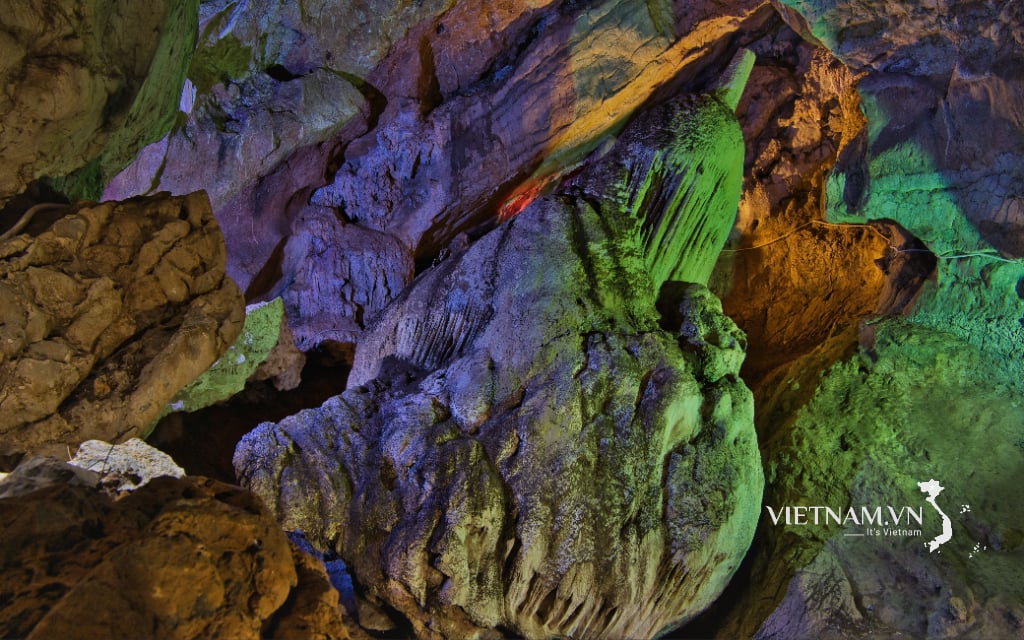

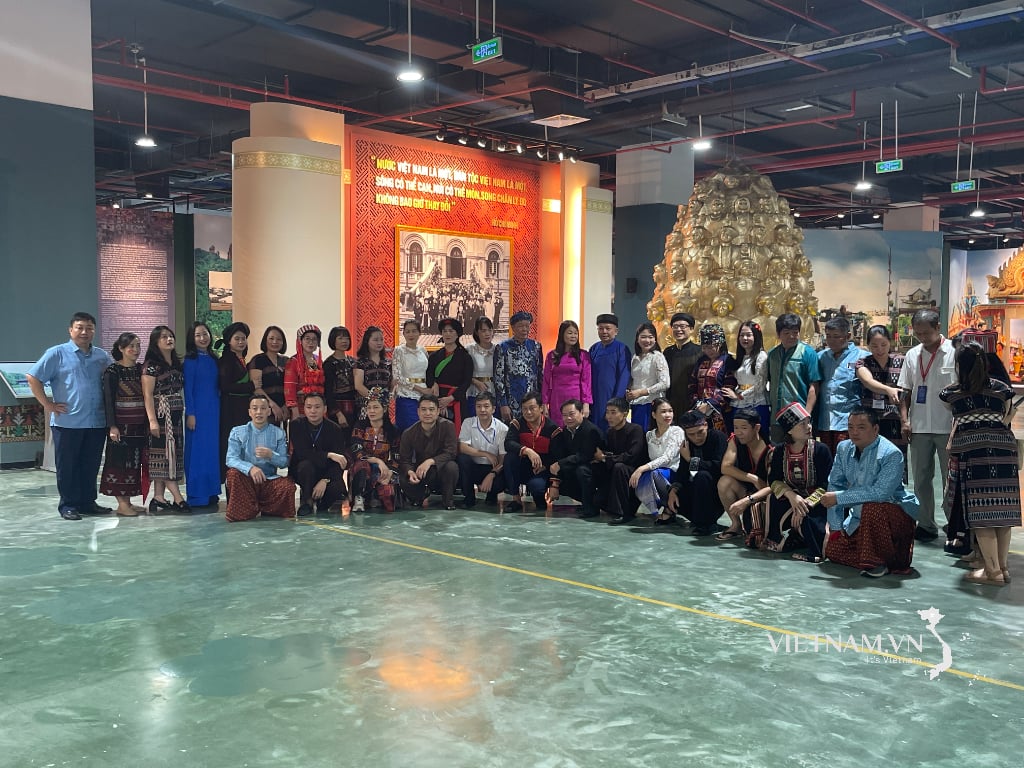
Comment (0)